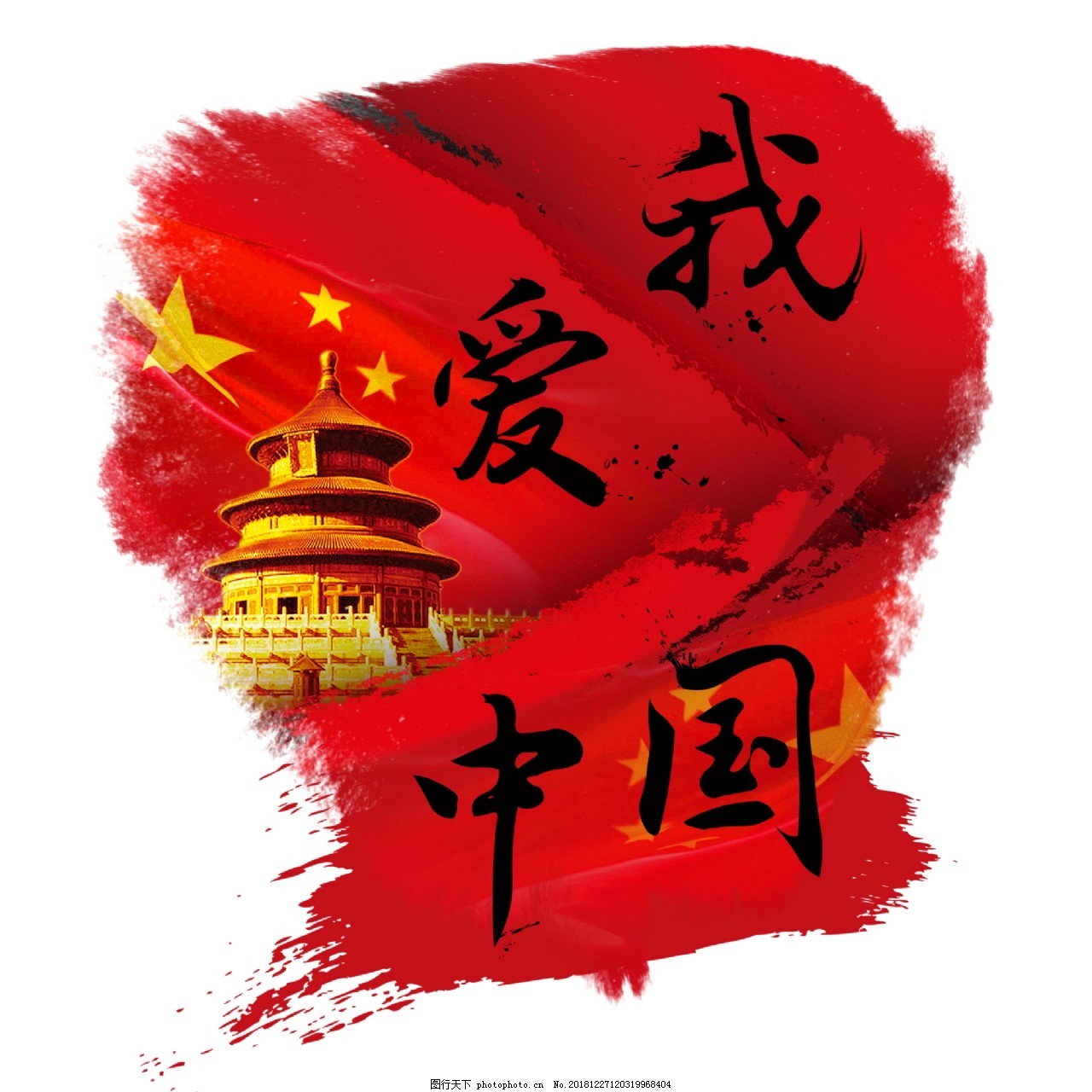

Looks like there’s a limited number of accesses to that website. Try this one:


Looks like there’s a limited number of accesses to that website. Try this one:


“Whole-Process People’s Democracy”
Huh, sorry about that, looks like there’s a limited number of accesses to that website. Try this one:


The article seems to be accessible here:
https://trebuchet.public.springernature.app/get_content/9073b92f-2d95-434b-a17d-d98eda65e108


Are you familiar with Tamriel Rebuilt? The team has been adding content to the mainland of Morrowind for 20 years. They’re technically not finished, but there’s plenty to do.
There’s also Project: Tamriel with Skyrim: Home of the Nords and Province: Cyrodiil. There’s not as much content as Tamriel Rebuilt, but all are being actively worked on.
Just to add a little more context to the public/private school divide in China.
1a. There are also private schools that are inside public schools that give the students both a graduation certificate from a local public high school and a more international education in programs like the IB, A-levels (Cambridge, Oxford, Edexcel, etc.), AP, among other bespoke curriculums.
2a. In order to be eligible for the Gao Kao, the student must have also passed the Zhong Kao (The public high school entrance exam)
While the tuition for university may seem like not much to a person used to the costs in the west, it can be burdensome to many locals in the PRC. Here’s a few (articles in Chinese) examples of students losing all their tuition, sometimes leading to unfortunate results.
There are also schools that students without a local Hukou (household registration) can enter, but I’m not familiar with that side of education.
4a. A parent can get a new Hukou for their child by buying an apartment in a new city, and other options depending on the municipality.
4b. There is talk of some Hukou reforms in large east-coast cities, but we’ll have to wait and see what exactly changes


The difference between it being a rule and an exception depends on which side of the North/South dividing line a speaker is from. Generally, people from south and south-east of the Yangtze river speak languages whose most recent common ancestor is Middle Chinese and not Mandarin.
Here’s a map of the Sinitic languages and a map of the varieties of Mandarin.


Just to add some more info from a nearby city to Shanghai. In Suzhou, schools run programmes for the preservation of the topolect, they also have 苏州话 in some of the busses that go around the city centre. There’s even a Wu language section in the Suzhou library. Of course, with anything in the PRC every municipality will be different, but at least there is some preservation going on.
Though, according to this source (in Chinese) from 2022 only 2.2% of 6 - 20 year-olds can use 苏州话 proficiently.

The author does say they are unclear about how that data was gathered, so it could just be a limited amount of people from the Suzhou area gave a response. Still, from personal experience I don’t think it’s that low, as I’ve had several students (and some colleagues, though that would break the 6 - 20 year-old limit) claim that they spoke 苏州话 with their parents or grandparents.

If we are looking for a point-of-divergence within recorded history, there’s probably not going to be a scientific reason humans wouldn’t be using fossil fuels. That doesn’t mean there couldn’t be other, less-scientific reasons, like a complete reshaping of 19th century society, or an industrial revolution happening centuries earlier that is more dependent on hydro-power than coal.
While successful socialist revolutions are interesting (it’s the main theme of my current writing project), a equally intriguing idea would be to start the industrial revolution in the first century CE. Where Hero of Alexandria1 was building rudimentary steam engines not long after the founding of the Roman Principate Empire, maybe he finds a semi-fictional patron2 that is looking for more practical applications for this steam engine, for example: farming, textiles, or papyrus production. Then, while using the predictable flow of the Nile for hydropower, industrialisation slowly mechanises the province and spreads from there.
Another fun companion idea would be to have this new industrialisation rise alongside and compete with early Christianity. As one of the main draws of the latter was its relatively good treatment of the poor4. But, they view the new technology as a further sign of the coming apocalypse. While the farmers and other labourers are just enjoying not having to work so hard for food and clothing, leaving them free for more creative endeavours. This could create some conflict for a story, in addition to the general anti-Roman-state viewpoint of the Christians5.
1 Here’s a fun little write-up on a gaming website of all places.
2 This person could release the technology for the hydro-power engine for free, à la Tim Berners-Lee and the world wide web. Rather than waiting for people to procure machines and spread industrialisation through more creative methods3.
3 For more information on this topic see: Trade Secrets: Intellectual Piracy and the origins of American Industrial Power by Doron Ben-Atar
4 “… by the time …[of] the late first or early second century organized poor relief was no doubt underway in parts of the Christian world, conducted by either local workers specifically designated for the activity, or by volunteers who heard the cry of the poor.” from Yale
5 "The Christian movement was revolutionary not because it had the
men and resources to mount a war against the laws of the Roman Empire, but because it created a social group that promoted its own laws and its own patterns of behavior. … Christianity had begun to look like a separate people or nation, but
without its own land or traditions to legitimate its unusual customs."6 Wilkens, R. The Christians as the Romans saw them pg. 119
6 Furthermore, early Christians refused to participate in politics, religion, and to fight in the empire’s wars.


That video was peer reviewed.
In summary, many details were missed from how the Dutch system actually works and Economics Explained uses that surface level understanding to make an overly confident and wrong conclusion.

It should look closer to -> 皇
Pronounced huáng in Mandarin
It can be a last name or “emperor”


I did have a fun conversation the other day about racism in the US with a student, but such topics really only come up in one-on-one discussions. And they don’t have time for many of those throughout the year.


True, true. I shouldn’t worry about most of them. Perhaps the students are genuinely inoculated against such stupidity.


Sure. A little background first, my students are relatively well-off and mostly did not succeed during their time in compulsory education. So, they decided to study outside the PRC, mostly because they had a small chance of making it into the better domestic universities.
Most students, at least at this school, go to either the UK or Australia. Though a few occasionally do go to Canada or the US. Of course, I don’t feel comfortable actively dissuading the students from going (they get enough pressure from parents and other staff at the school), but sometimes I wonder if I should.
Anyway, looking at comments that infantalises an entire group of people just because they were born on a different piece of dirt, not to mention downright genocidal rhetoric, makes me think that students from the PRC isolating themselves from that sort of brain rot is a successful self-preservation technique.
Which, while answering the question of “why do Chinese students seem to only stick together.” It feels like people who would comment in such a provocative way are just minutes from doing actual bodily harm to others.
But maybe I’m over thinking it and these folks have little or no chance of coming into contact with PRC citizens.


People like those in the comments are why I worry about my students from the PRC who want to study in the imperial core.


That’s true, I guess I’ve just played enough similar games where I could say “oh, this feels like an important choice, I better do it.” And then my character became a lich.
But I can definitely see where you’re coming from for a certain other path where there are quite a lot of hoops to go through.
And I think the game is supposed to have replayability though those paths… but then they put all the content with the paths they think players will be drawn to. Not necessarily the most fun to play. Like, I picked Lich to resurrect certain dead characters, but there’s no interaction with them beyond “go home” and “come with me”.
Talking about the second game makes me want to replay Kingmaker. I actually liked the party members in that game.


Is it that odd to like the first one and not the second? I played the entirety of the second one waiting for some interesting choices, the few interactions I enjoyed were with the evil-aligned companions (which is not really enough to warrant a full playthrough). The whole premise of the adventure path is underwhelming, really. Instead of doing something interesting like dethroning the monarchy, you get to fight demons for a feckless leader.
Some of the mechanics were improved, and I did like the mythic paths, but it felt like there was only one interesting chapter (the one where you travel to the demon city), even if it was annoying to navigate.


That’s probably why they are top ranked, I suppose. Other universities shouldn’t have that requirement. Especially the ones cooperating with western unis.


Always happy to assist in knowledge gathering.


Just as an example there are 32 Graduate level programs taught in English at Tsinghua, and as far as I am aware most universities of a certain stature have programs taught in English (of varying quality) and will also have classes to teach the Chinese language to international students.
There are also USA and UK universities that have partnered with Chinese universities that offer many programs taught in English, like Xi’an Jiaotong Liverpool University and New York University: Shanghai.
Excellent, happy to help!